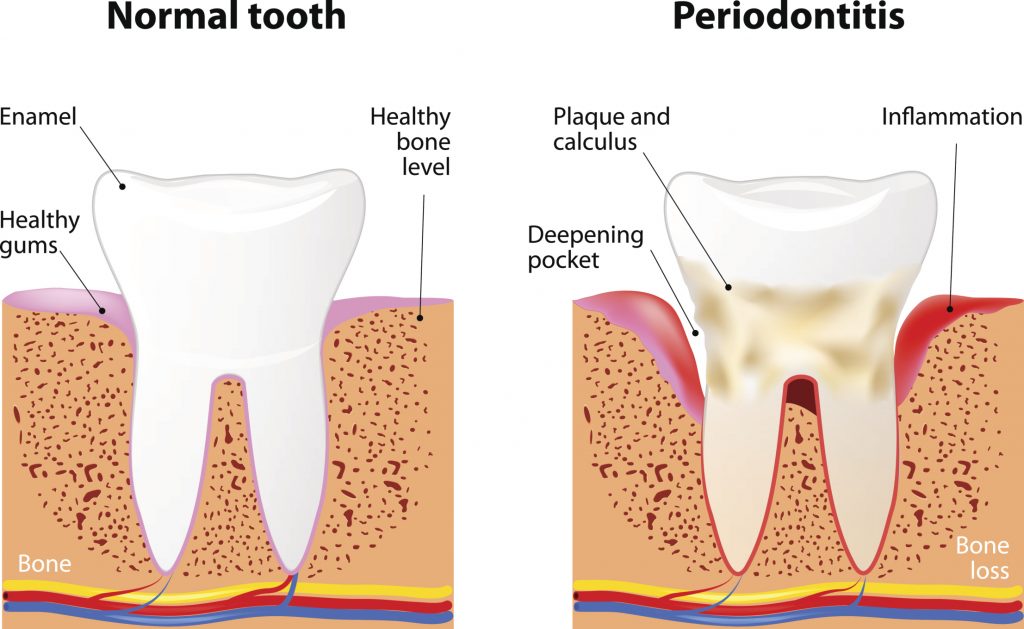
There are lots of reasons our teeth may not be the brightest at all times. We go to the dentist for regular cleanings, but in the end, they always seem to go back to the way they were. But why? What are we doing to make our smile dingy or flawed? A lot of times, it isn’t how well we clean our chompers. In many cases, discolored or damaged teeth are the result of our own bad habits, other problems are caused by chemicals that entered teeth during childhood. The way we eat, what we put into our mouths, even habits you don’t realize you’ve picked up, like biting your pencil, can all do small damages to our teeth. Here are the biggest dental offenders:
- Drinking tea. Hot or cold, tea stains teeth more than any other kind of drink.
- Smoking, because tobacco yellows teeth.
- Drinking coffee; it stains the teeth.
- Drinking red wine; it stains the teeth.
- Consuming too many soft drinks, which leave sugars on teeth that can create cavities.
- Eating highly acidic foods, including starchy snacks such as potato chips and tortilla chips. They can drive enamel-busting acids deep into teeth, breaking the teeth down.
- Ingesting too much fluoride during childhood, which can actually damage teeth.
- Treating childhood diseases with antibiotics, such as Tetracycline, that can discolor teeth.
- Chewing ice or your nails; it cracks teeth.
- Grinding teeth; habitual grinding damages teeth.
If you find that you have these habits, there are lots of ways to reduce or completely quit your usage. Let your dental professional know – they will likely have a tip or two.
For more information regarding bad dental habits, contact Drs. Freund and Waterloo today at 847-251-8990 or visit www.villagedentalpc.com.
Drs. Chad Freund and Cathy Waterloo proudly serves Kenilworth and all surrounding areas.

